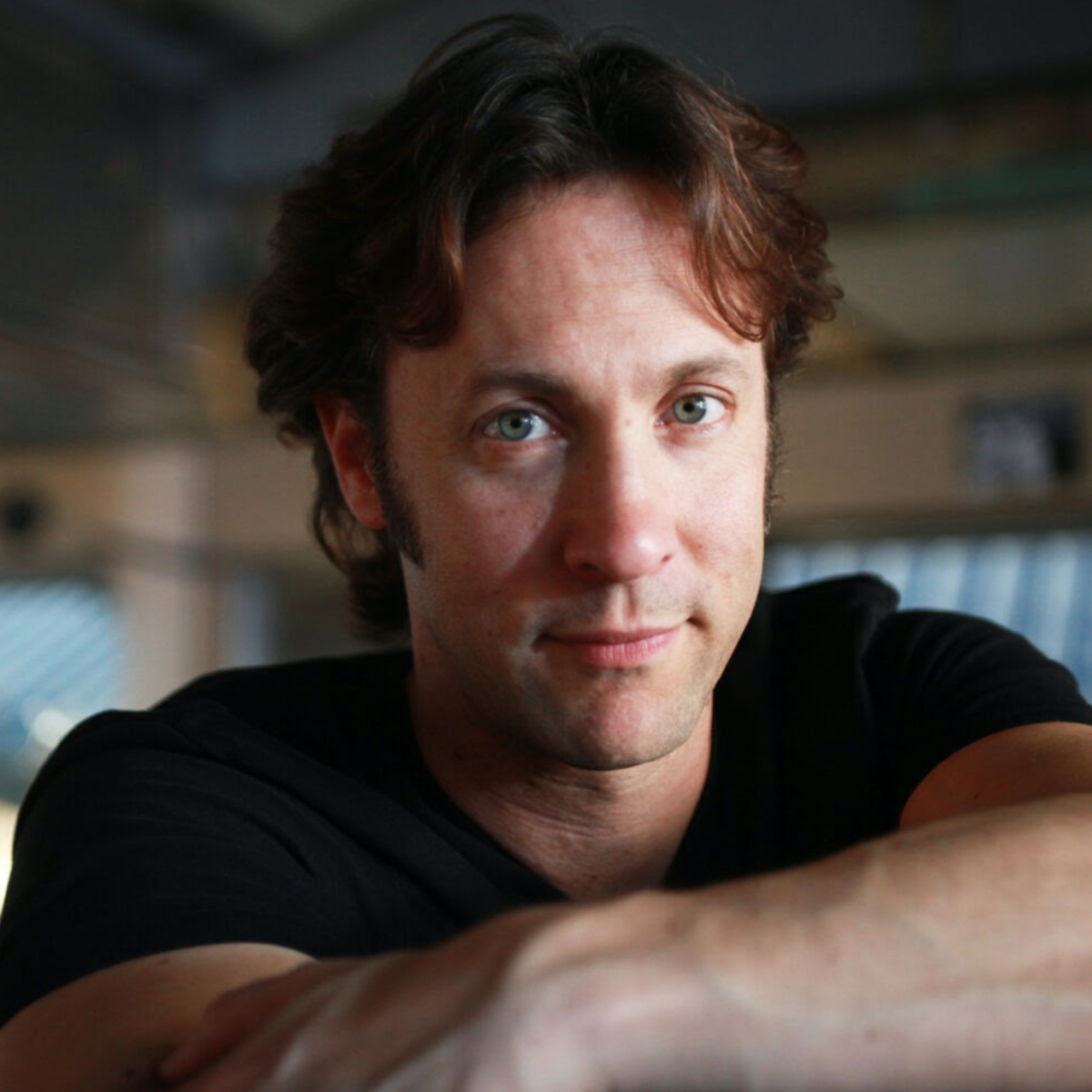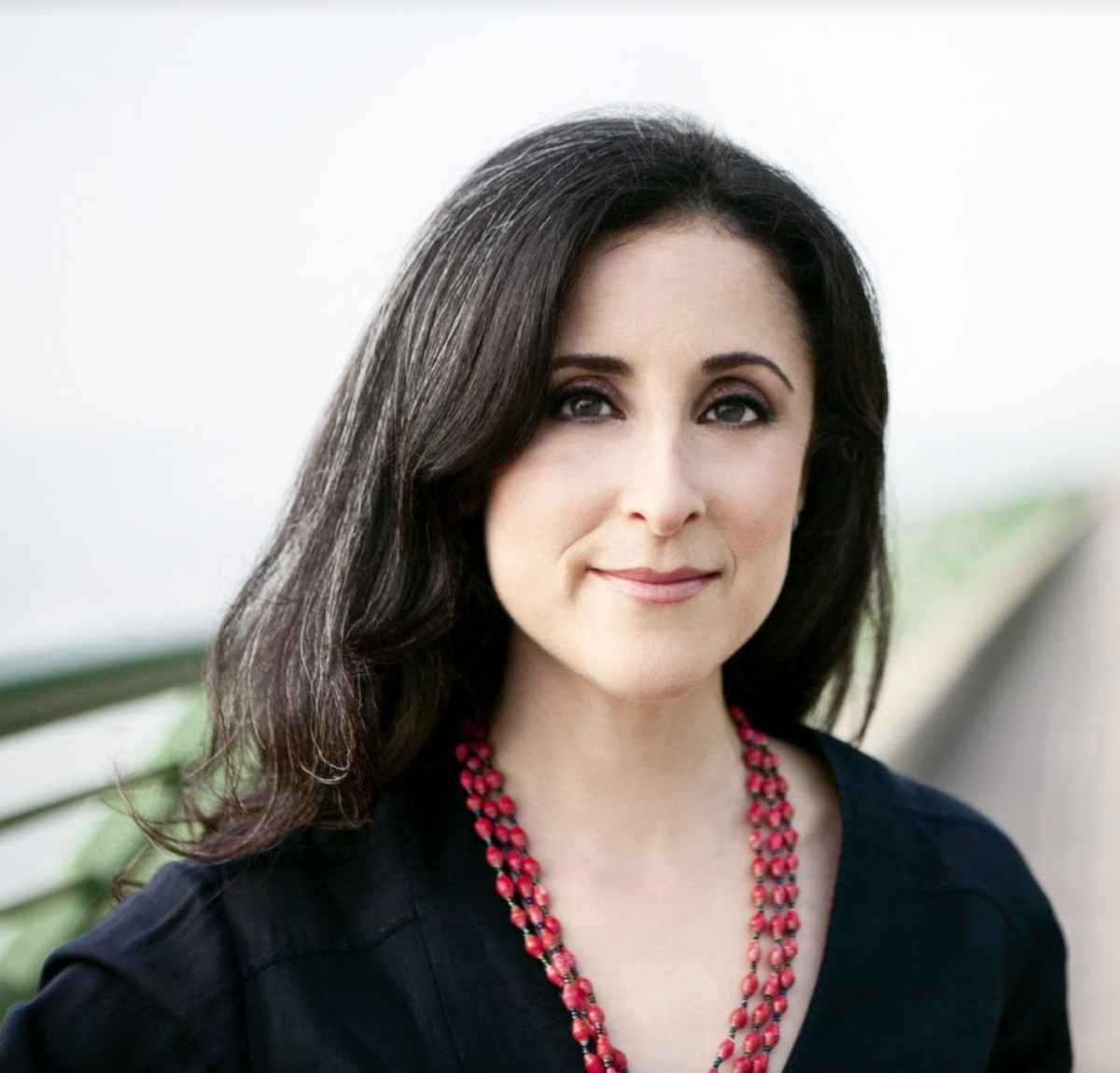On July 17-20, four award-winning Stanford authors joined dozens of other acclaimed writers from across the nation at the Sun Valley Writers’ Conference entitled Reflections on a Changing World in Sun Valley, Idaho. At the sold-out conference which offered free public webcasts, Stanford authors Larry Diamond, David Eagleman, Sheri Fink and Tobias Wolff discussed their work as well as their insights and concerns about major issues of our time with the hundreds of readers and writers in attendance.
This article is the second in a two-part series about prominent Stanford authors who spoke at the Conference.

David Eagleman on “Livewired: The Inside Story of the Ever-Changing Brain”
Neuroscientist and adjunct professor of psychiatry and mental health and population sciences David Eagleman, an expert on brain plasticity, shared insights from his recent research and latest book “Livewired: The Inside Story of the Ever-Changing Brain” at the 2021 Sun Valley Writers’ Conference. Eagleman’s research and writing are focused on what he calls the “live-wired” brain, the phenomenon by which the brain reconfigures itself by adapting dynamically to new stimuli in real-time.
Based on his research, Eagleman generated a new theory that relates dreaming to planetary rotation. “Dreams are the brain’s way of fighting the visual cortex’s takeover by other senses,” Eagleman said. By way of visual dreams, Eagleman theorized that humans preserve the high function of the visual cortex while they sleep.
Eagleman is involved in multiple research and entrepreneurial projects that explore the brain’s capacities for adaptation. As co-founder and CEO of Neosensory, he has developed technology that enables individuals with hearing impairments to perceive the auditory world through their skin and ultimately learn to hear through special wristbands with vibratory motors and computational microchips that capture sounds and convert them into vibrations on the skin. The brain effectively rewires itself to process the new vibratory signals so individuals learn to feel sound, according to Eagleman.
“We’re using the skin because the skin is the largest organ of the body,” Eagleman told The Daily. “Our eyes and our ears are really overtaxed, and so it’s nice to have a different input mechanism.”
As a self-described tech-optimist and “possibilian,” Eagleman also shared his personal views about the importance of a positive attitude.
“We have had generations of enlightened people working as hard as they can their whole lives to make good things,” he said. “We are always in a position where we can improve, which is wonderful.”
Eagleman is the founder of the Center for Science and Law, through which he applies his neuroscientific research towards improving the criminal justice system.
“Instead of imagining that incarceration is a one-size-fits-all solution, how can we actually understand what’s happening with people and route them forward through the system better that way?” he asked.
As an entrepreneur, neuroscientist, best-selling author, speaker, TV series creator and criminal justice advocate, how does Eagleman determine how to spend his time?
“The truth is that life is a series of experiments and you never know what’s going to pay off, what’s going to lead you to a bigger sort of theory, or what’s going to lead to a meaningful place to invest your time,” he said. “And so I run a lot of experiments.”
Eagleman shifted momentarily from neuroscience, technology and optimism to describe his approach to writing. “I always write books because I love reading, and have for my whole life,” he said. As someone who studies time and its perception, it comes as no surprise that Eagleman’s approach to writing is non-linear.
“My writing is completely different from all my co-authors, whose work starts at sentence one and goes through the last sentence,” Eagleman said. “My writing is more like the development of a Polaroid picture.”
Eagleman said his organic and long-term-oriented approach to writing, combined with his wide-range of interests, results in him working on many books simultaneously. Taking time has helped Eagleman’s craft.
“With some of my books it moves so slowly that I can go back and read sections and it’s as though someone else has written them,” he said. “That’s really helpful because I’m a really good critic of other people’s writing.”
Eagleman has four books in progress right now. “I’m an ideator,” Eagleman said.
“Everyone’s got a very different internal life, and so people tell me ‘if I were you I’d just pick one thing and do it,’” he said. “But that’s just not who I am.”

Sheri Fink: What I Saw: Stories from Inside the Pandemic
Pulitzer Prize-winning journalist and New York Times correspondent Sheri Fink M.D. ’99 Ph.D. ’98 began her presentation “What I Saw: Stories from Inside the Pandemic” by asking, “What is it that all of these stories come together to say?”
“It’s about lives,” Fink answered.
“It’s about individuals, about the stories, the people behind the numbers that have just overwhelmed us in the last year, and our duty to pay tribute to the people who we lost through this,” Fink continued. “It’s also stories of individuals making a difference.”
The author of “Five Days at Memorial: Life and Death in a Storm-Ravaged Hospital” is currently working on a book covering the coronavirus pandemic.
“Something that I’ve seen over and over again as a journalist is that sometimes individuals can make a huge difference,” Fink said. “That action that you take when you’re in the midst of a crisis, your ability to be prepared to act, is very important, even in the midst of a global catastrophe.”
As an executive producer of “Pandemic: How to Prevent an Outbreak,” Fink said her approach to journalism is influenced by her science and medical background. “I’m very skeptical and very, very careful,” she said.
In her talk several weeks ago, Fink was already expressing concerns as both a scientist and journalist about the Delta variant because hospitalizations are a lagging indicator of infections.
Fink highlighted the heroism and resilience of health care workers.
“People on the front line care about you and your families and have undergone so much trauma,” she said. “They have been overwhelmed and yet they’re showing up.”
Throughout her career, Fink has focused on examining how limited healthcare resources are allocated in times of crisis. She shared stories about healthcare services, such as ECMO machines, being rationed in triage even today in the United States.
Fink also highlighted the inequity of the distribution of vaccines and extremely low vaccination rates in many countries. According to data cited by The Duke Global Health Innovation Center, enough vaccines have already been produced to vaccinate the most vulnerable people worldwide, yet in many low-income countries, particularly in Africa, fewer than 0.3% of doses have been administered.
“If that does not morally outrage you, then there is also a reason for enlightened self-interest to be concerned about this because we are all tied together,” Fink said. She said that the best way to prevent COVID-19 mutations and to protect global health is through vaccination around the world.
Fink shared her insights for students at Stanford and beyond. “The community of students is going through a period that is so profound,” Fink told The Daily. After the trauma Fink witnessed throughout the past year, she was particularly emphatic about sharing messages of positivity. “I hope you will try to draw strength from knowing that you survived this period,” Fink said, “and that you will bring this experience into the future as you enter the working world and the adult world.”
In particular, Fink felt that students have gained insights into the costs and benefits of personal and global preparedness, relative to generations of students that did not have to deal with the consequences of a global pandemic.
Fink also conveyed the importance of compassion, resilience and self-awareness. She expressed hope that students would realize some ways in which the losses of the past year have been strengthening, and that they would recognize their own resilience.
“I also hope that you will forgive yourself if you weren’t always at your best, or didn’t achieve what you had hoped to, or get the grades that you wanted, or make the friends that you wanted, and that you will give yourself some grace and gentleness,” Fink said.
